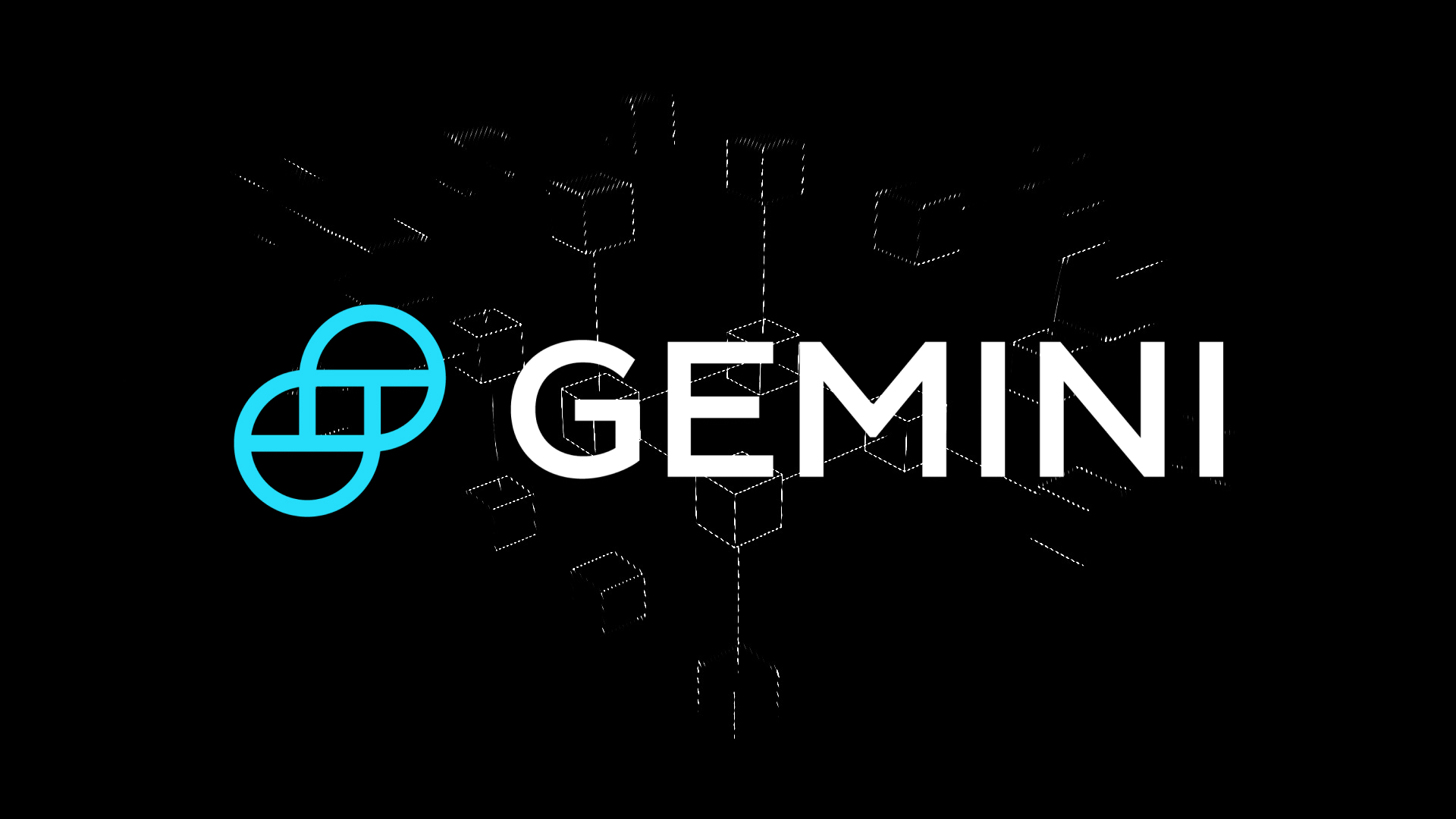Table of Contents
Cryptocurrency exchange Gemini is suing DCG, the parent company of bankrupt crypto broker Genesis, after a dispute over the Gemini Earn Program.
The exchange decided to sue Digital Currency Group (DCG) and its CEO after the company missed the deadline to agree to a restructuring deal put forward by the Winklevoss twins.
The Restructuring Proposal
Winklevoss twins-founded Gemini exchange had set Thursday afternoon as the deadline for Digital Currency Group and Genesis to agree to a restructuring deal. Gemini stated that if the deal was not agreed to within the specified deadline, it would pursue litigation. Crypto lending firm Genesis had filed for bankruptcy in January following the collapse of key counterparties of the firm, such as FTX, causing it to freeze all redemptions.
While Genesis’ lending unit had outlined a plan to exit bankruptcy, it has so far been unable to reach an agreement on a restructuring plan for creditors, to whom it owes over $3 billion. The largest creditor, Winklevoss twins-founded Gemini, is looking to recover around $1.1 billion. In a letter to DCG CEO Barry Silbert, Cameron Winklevoss shared what he called his “best and final offer” and stated that the deadline for DCG to agree to the proposal was 4 p.m. EDT (2000 GMT) on July 6, adding that he wanted a simple yes or no answer and no further delays or extensions.
The restructuring proposal put forward by Winklevoss included a forbearance payment of $275 million, a debt tranche of $355 million due in two years, and another debt tranche of $835 million due in five years. DCG would also be able to retain the proceeds from the sale of Genesis’ lending unit.
DCG Misses Deadline, Gemini Sues
However, DCG missed the deadline set by Gemini to agree to the restructuring deal, leading to the latter suing DCG. According to the lawsuit, DCG and its CEO, Barry Silbert, misrepresented the accounting treatment of liabilities that the company had assumed from Genesis. These liabilities stemmed from losses that Genesis suffered after the Singapore-based crypto hedge fund Three Arrows Capital (3AC) collapsed. In a long thread on Twitter, Cameron Winklevoss stated that the exchange had filed a lawsuit against DCG and Silbert for personally masterminding a fraud scheme against creditors.
“Today, @Gemini filed a lawsuit against @DCGco and @BarrySilbert personally in New York court. Barry was not only the architect and mastermind of the DCG and Genesis fraud against creditors; he was directly and personally involved in perpetrating it.”
Winklevoss alleged that after Gemini discontinued the Earn program, Silbert reached out to the firm, urging them to continue the program even after knowing that Genesis was “massively insolvent.”
“When Gemini notified Genesis it would be terminating the Earn program in October 2022, Barry reached out to set up a meeting to induce Gemini to continue Earn. He did this knowing Genesis was massively insolvent. Barry claimed that Genesis faced only a timing issue – a lie that hid the gaping hole on Genesis’s balance sheet.”
Winklevoss further alleged that even after the collapse of Three Arrows Capital, Silbert, and other Genesis executives claimed everything was fine because DCG was stepping in to absorb the losses.
“When Three Arrows Capital (3AC) collapsed in June 2022, it blew a $1.2 billion hole in Genesis’s balance sheet. Instead of coming clean, Genesis claimed that everything was business as usual because DCG had stepped in to absorb the losses. It’s now clear this was a carefully crafted lie.”
The Gemini co-founder went on to allege that DCG, Silbert, and other Genesis executives conspired to create false financial reports to mislead creditors.
“Barry, DCG, and Genesis all conspired to create false financial reports to hide the truth from Gemini and creditors. One report pretended that this phony 10-YEAR promissory note was a ‘Current Asset.’ A total lie and complete misrepresentation. A falsified balance sheet pretended that the note was a ‘receivable’ with a value of $1.1 billion. Another lie.”
However, in a statement, A DCG spokesperson reiterated that DCG expects to close the Genesis bankruptcy case soon enough.
“Any suggestion of wrongdoing by DCG or any of its employees is baseless, defamatory, and completely false. From day one, DCG has remained committed to reaching an amicable solution for all parties to the Genesis bankruptcy.”
Disclaimer: This article is provided for informational purposes only. It is not offered or intended to be used as legal, tax, investment, financial, or other advice.
Investment Disclaimer










